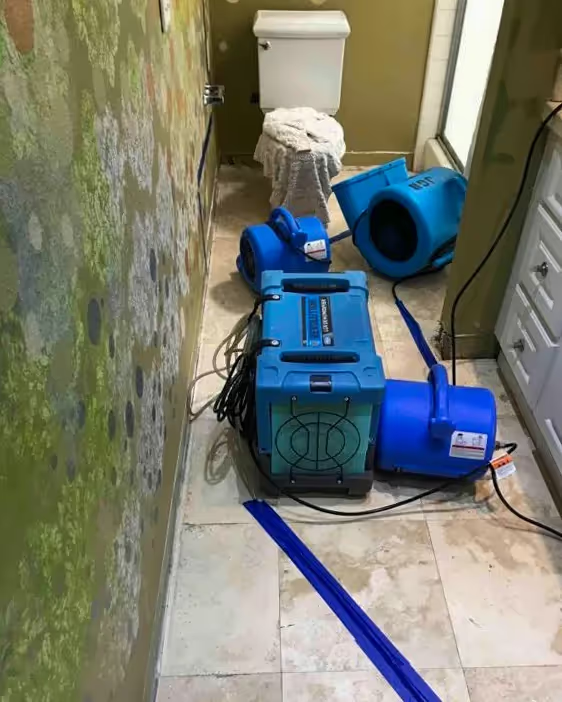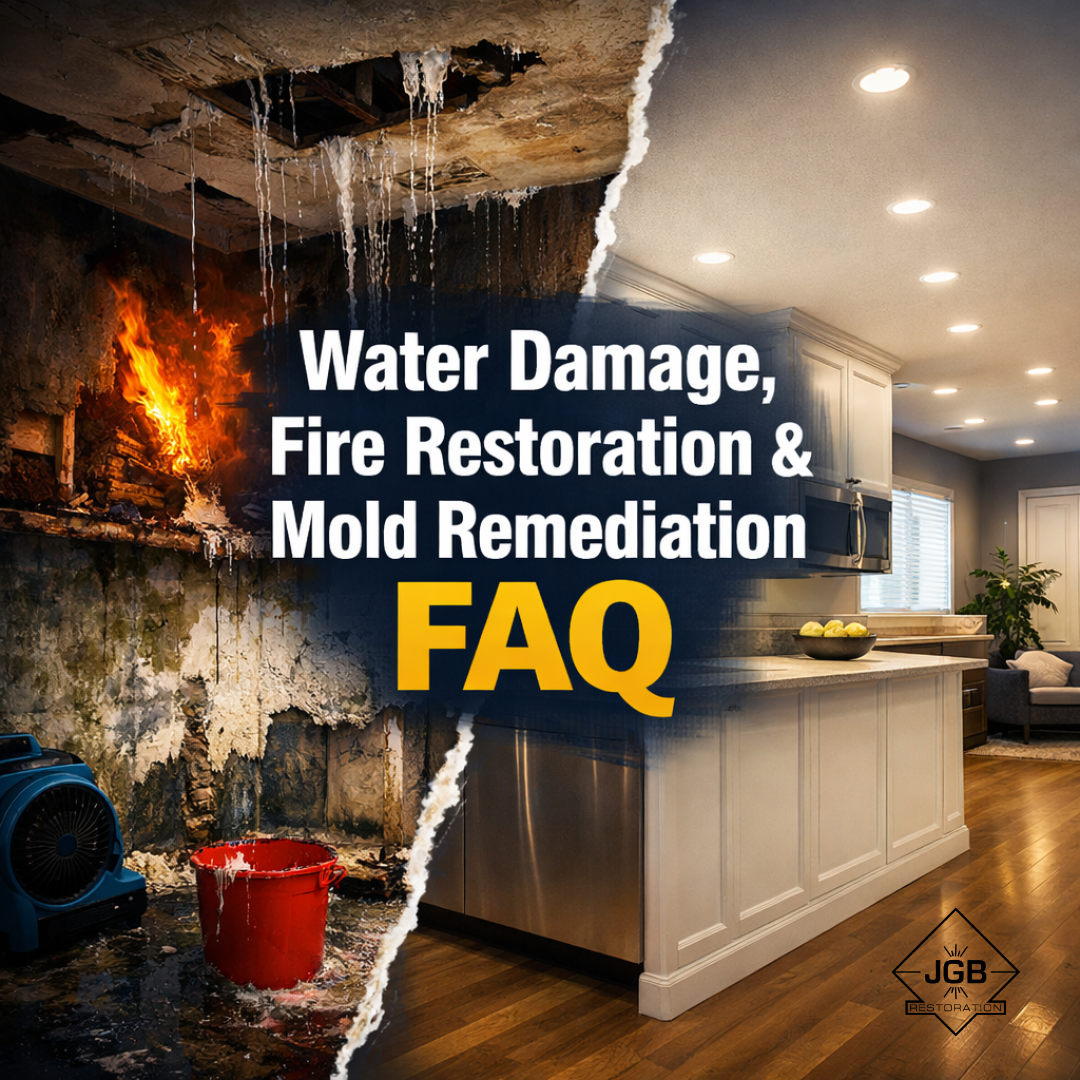Sewage backups are an expensive and unpleasant surprise for homeowners. They occur when wastewater fails to flow properly through the drainage system, resulting in blockages that lead to significant property damage. The Environmental Protection Agency (EPA) reports that sewer overflows are responsible for approximately 23,000 to 75,000 cases of property damage in the United States each year. Taking preventive steps is crucial to avoid these scenarios. Here, we explore four proactive measures to prevent sewage backup in your home and maintain a properly functioning drainage system.
1. Schedule Routine Maintenance for Your Plumbing System
Your plumbing system is the first line of defense against sewage backups. Routine inspections and maintenance identify potential issues before they escalate.
Over time, pipes accumulate debris, grease, and mineral buildup, which restrict water flow and lead to clogs. Professional inspections use tools like cameras to detect issues deep within the system. Here are a few action steps when you find plumbing problems:
- Schedule a plumbing inspection at least once a year.
- Have a professional clean out your sewer line to remove buildup or blockages.
- Replace old pipes that show signs of wear or corrosion.
Investing in regular maintenance may seem costly, but it is far less expensive than repairing damage caused by sewage backups.
2. Be Mindful of What You Flush or Pour Down Drains
Not everything belongs in your drains or toilet. Items that don’t break down properly cause severe blockages over time. Here are the items to avoid:
- Grease, Fats, and Oils: These substances harden and stick to pipe walls, creating clogs.
- Non-Flushable Items: Wipes, paper towels, diapers, and feminine hygiene products should never be flushed.
- Food Scraps: Avoid flushing large amounts of food down the drain even with a garbage disposal.
Proper waste disposal protects your plumbing and prevents costly repairs. Make it a household rule to dispose of materials correctly to safeguard your system.
3. Install a Backwater Valve
A backwater valve is a simple yet effective device that prevents sewage from backing up into your home during heavy rain or sewer system overloads.
The valve allows wastewater to flow out of your home but automatically closes to block it from coming back in. This mechanism is especially helpful in areas prone to heavy rainfall or flooding. Here are two important installation tips:
- Consult a licensed plumber to install a backwater valve in your home’s main sewer line.
- Regularly inspect the valve to ensure it remains in working condition.
Many municipalities offer rebates or assistance programs for homeowners who install backwater valves, making it an affordable and practical solution.
4. Address Landscaping and Drainage Issues
The layout of your yard and its drainage systems significantly impact your home’s sewer line. Tree roots, poor drainage, and low-lying areas all contribute to backups. Take a look at a few steps to take:
- Plant Trees Away from Sewer Lines: Tree roots naturally seek water and penetrate sewer pipes, causing blockages.
- Ensure Proper Grading: The land around your home should slope away from your foundation to prevent water pooling near your sewer system.
- Clean Gutters and Downspouts: Direct rainwater away from your home’s sewer system to reduce strain during storms.
Landscaping adjustments provide long-term protection for your home’s sewer infrastructure and reduce the risk of backups.
Prevention is Cost-Effective and Stress-Free
Sewage backups are disruptive and costly, but the good news is that they’re often preventable with the right proactive measures. From routine plumbing maintenance to installing a backwater valve, each step contributes to a more secure and efficient drainage system.
At JGB Restoration, we’re here to assist you. Whether you need advice on preventing sewage backups or assistance with water damage restoration, our experienced team has you covered. Contact us today for reliable services that safeguard your property from costly damage.




